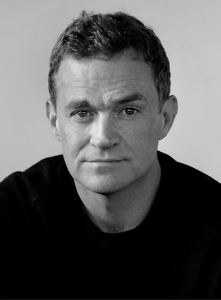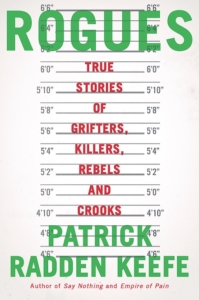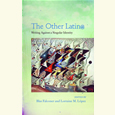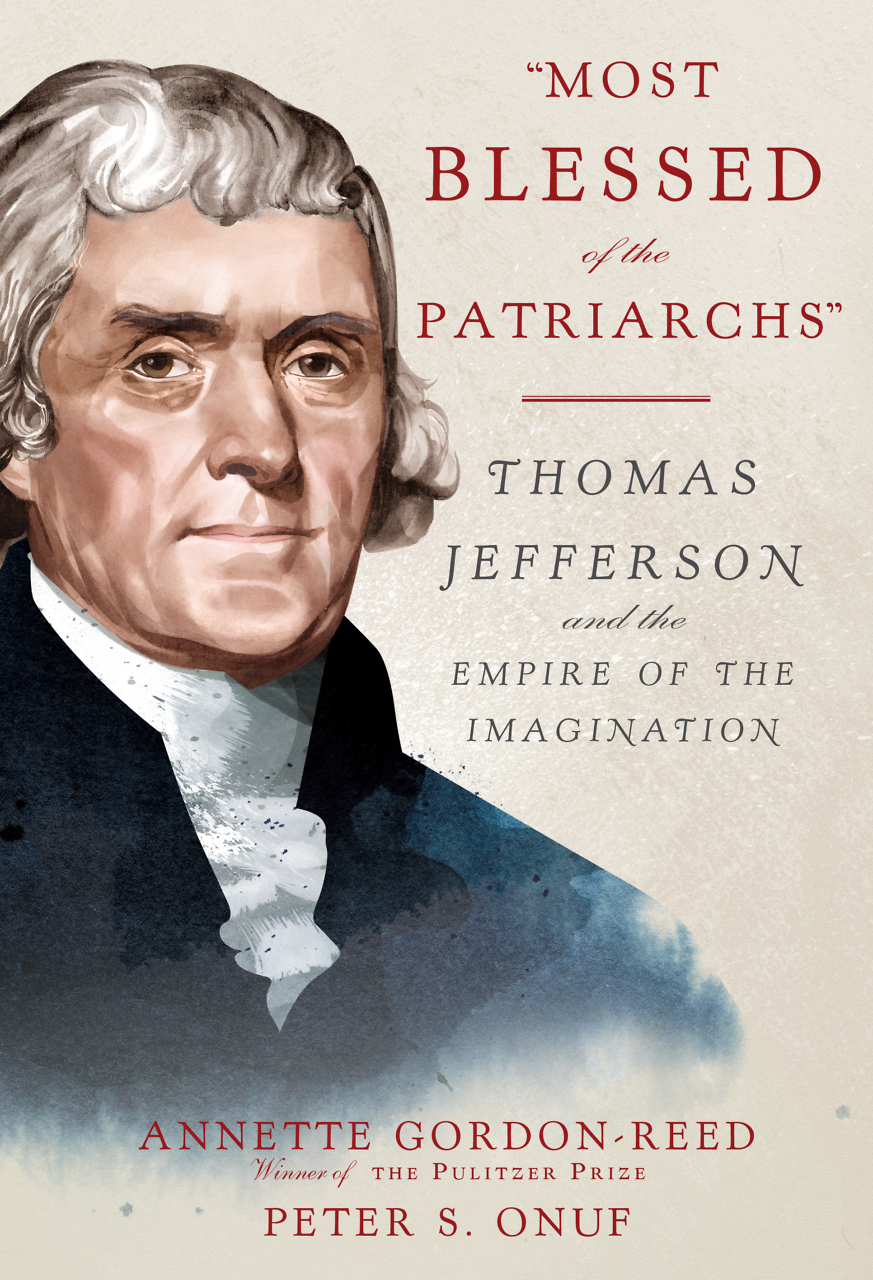Shadowlands
Patrick Radden Keefe’s Rogues draws back the curtain on secret worlds
In the preface to Rogues, Patrick Radden Keefe’s collection of spellbinding New Yorker features, Keefe explains that he’s become a specialist in “the writearound” — articles whose subjects refuse to grant interviews. “It takes a lot of creative reporting to produce a vivid portrait of someone without ever getting to speak to them,” he writes, “but these pieces are often more revealing than the scripted encounters you end up with when the politician or the CEO actually cooperates.”

Keefe then relates an unsettling phone call that would seem to back his claim to vivid portraiture. It was from an attorney representing the family of Joaquín Guzmán Loera, the infamous drug lord known as “El Chapo.” The New Yorker had recently published Keefe’s story, “The Hunt for El Chapo,” (included in this compilation), and Guzmán wanted Keefe to ghostwrite his memoir. Keefe demurred. But it illustrated for him “the uncanny intimacy that a reporter can feel with a subject he has never met.”
For a reporter at Keefe’s level of journalistic tradecraft, that uncanny intimacy spins into uncanny accuracy — and page-turning prose. “The challenge for a nonfiction writer is to achieve a poetic precision using the documents of truth,” the historian Simon Schama told Publishers Weekly in a 2014 interview, “but somehow to make people and places spring to life as if the reader was in their presence.” The people and places that Keefe describes do come alive on the page, to the reader’s great pleasure, but only their subjects know whether the portraits are true to life. Evidence in favor: Guzmán read about himself and felt seen.
Each chapter of Rogues draws back a curtain to reveal shadowlands. Here’s how Keefe begins a feature titled “Crime Family”: “Astrid Holleeder has arresting eyes that are swimming-pool blue, but that’s all I can reveal about her appearance, because she is in hiding, an exile in her own city, which is Amsterdam.” On the surface, this is a cloak-and-dagger tale of a Dutch gangster whose sister, Astrid, risks her life to testify against him. But Keefe’s reporting never lingers at surface level; this story cracks open the conflicted loyalties of siblings raised in a family of criminals. “I still love him, in spite of everything,” Astrid says of the brother who she fears may murder her in retribution.
 Many of these pieces are crime stories. Some zoom in on the incentives and choices that transform an ordinary person into a criminal. In “The Empire of Edge,” a trader and a doctor conspire to commit insider trading, while a billionaire hedge-fund manager gets away with most of the loot. Others dig even deeper into the mechanisms of impunity that protect the powerful and the crooked. “Buried Secrets” is about the West African republic of Guinea, one of the poorest and most corrupt nations on Earth, and an Israeli mining magnate’s campaign to exploit the country’s vast, untapped mineral wealth — allegedly, through bribery.
Many of these pieces are crime stories. Some zoom in on the incentives and choices that transform an ordinary person into a criminal. In “The Empire of Edge,” a trader and a doctor conspire to commit insider trading, while a billionaire hedge-fund manager gets away with most of the loot. Others dig even deeper into the mechanisms of impunity that protect the powerful and the crooked. “Buried Secrets” is about the West African republic of Guinea, one of the poorest and most corrupt nations on Earth, and an Israeli mining magnate’s campaign to exploit the country’s vast, untapped mineral wealth — allegedly, through bribery.
Not all of Keefe’s subjects are malefactors. One chapter stars Judy Clarke, the eminent defense attorney who represents notorious defendants like Dzhokhar Tsarnaev, one of the Boston Marathon bombers. And the final chapter, “Journeyman,” is a tender portrait of celebrity chef and author Anthony Bourdain published a year before his suicide. Clarke and Bourdain are not rogues or devils, but Keefe’s richly detailed reporting renders them as conquering heroes besieged by demons: Clarke, a driven true-believer so devoted to her calling that her cases take over her life; and Bourdain, so astonished by his own late-in-life success that he chases it into workaholism, leaving little time for sustained relationships.
Despite the book’s title, tying these stories together as true-crime tales feels too tidy for a journalist of Keefe’s depth. In episode one of his 2020 podcast, “Wind of Change,” which explores whether a late-Cold War rock anthem was really a CIA covert op, Keefe says, “If there’s one connective thread that runs through a lot of my stories, it’s secrets. Secret worlds. Uncovering things I’m not supposed to know.”
That sounds right. In “Buried Secrets,” he describes the founder of an international risk-assessment firm as a person who “excelled at parachuting into foreign countries and figuring out what ‘makes them tick.’” And of Bourdain, he writes, “Parachuted into any far-flung corner of the planet, Bourdain ferrets out the restaurant, known only to discerning locals, where the grilled sardines or the pisco sours are divine.”
Keefe is fascinated by such savvy operators. He, too, excels at shining a beam into the murky inner workings of the world and the human psyche. It’s a superpower that produces riveting and revealing tales that, as Keefe writes in the preface, may help us better fathom our own inner workings — “the slipperiness of situational ethics, the choices we make as we move through the world, and the stories we tell ourselves and others about those choices.”

Kim Green is a Nashville writer and public radio producer, a licensed pilot and flight instructor, and the editor of PursuitMag, a magazine for private investigators.


